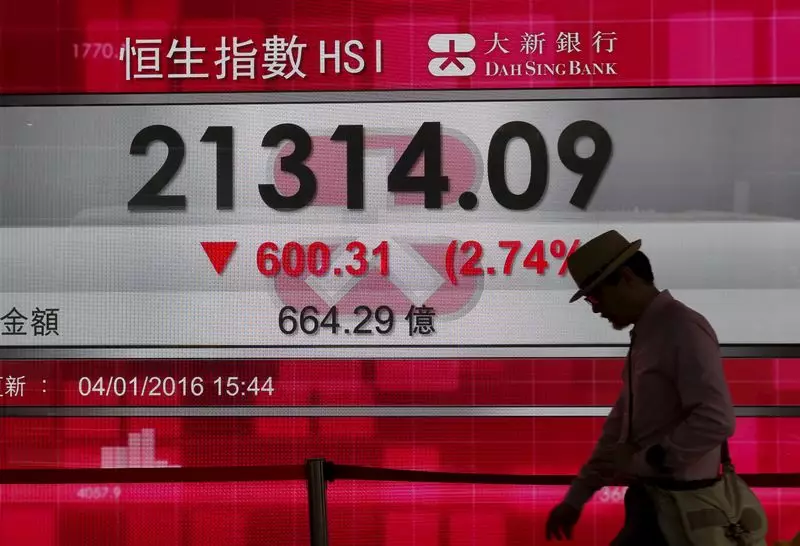Recent policy announcements in China have sparked debates among financial analysts and investors alike. Characterized by some as a “bazooka” approach, these measures aim to invigorate a beleaguered stock market and instill confidence in global investors regarding Chinese equities. Analysts from BCA Research highlight that this renewed focus on stimulating the market is particularly significant given the previous oversold conditions faced by Chinese “plays” on the global platform. The excitement generated from these announcements is palpable, indicating a possible rebound in market sentiment. However, this immediate adrenaline rush raises critical questions about the sustainability of such growth.
While immediate gains in the stock market may be observable, skepticism lingers over the long-term impact of these strategies on the broader Chinese economy. BCA Research points out that despite a potential temporary outperformance in equities, structural hurdles remain deeply entrenched. The essence of the issue lies in three pivotal problems: ongoing debt deflation, lackluster household sentiment, and diminished confidence in both private sectors and local government initiatives. They caution that the small subsidy introduced—representing a mere 0.8% of GDP—might be insufficient to spur a significant economic turnaround. Analysts emphasize that real economic recovery would require more sweeping changes than what has thus far been proposed.
One of the most daunting challenges that China faces is rooted in its struggling property market. With weak household income growth further exacerbating these issues, the policy toolbox available to the government appears limited. Historical examples illuminate the challenges ahead; past initiatives intended to support property developers have yielded disappointing results. BCA’s analysis suggests that without sweeping quantitative easing measures specifically targeting the property sector, recovery in this critical area remains unlikely. The failure of previous financing initiatives only reinforces the importance of substantial intervention as a prerequisite for piquing investor interest and stimulating economic activity.
For the Chinese economy to rebound with vigor, an atmosphere conducive to borrowing and spending must be cultivated. Currently, high real lending rates, coupled with an overarching deflationary climate, impede such progress. BCA Research suggests that business owners continue to harbor suspicion regarding governmental policies affecting significant private enterprises, which complicates the pathway to widespread economic recovery. Additionally, local governments, already grappling with intertwined issues of debt and bureaucratic rigor stemming from anti-corruption efforts, are cautious in adopting aggressive policies aimed at growth enhancement.
While the recent financial policy maneuvers in China have injected a burst of optimism into the stock markets, analysts urge a more tempered outlook regarding their ability to foster genuine economic progress. The underlying structural challenges, particularly in the property sector and local governance, suggest a long road ahead before any revival can be realized. Stakeholders must not only monitor market fluctuations but also remain vigilant about the broader socioeconomic landscape, recognizing that true recovery will require concerted, effective measures beyond the short-term boosts provided by recent initiatives.

